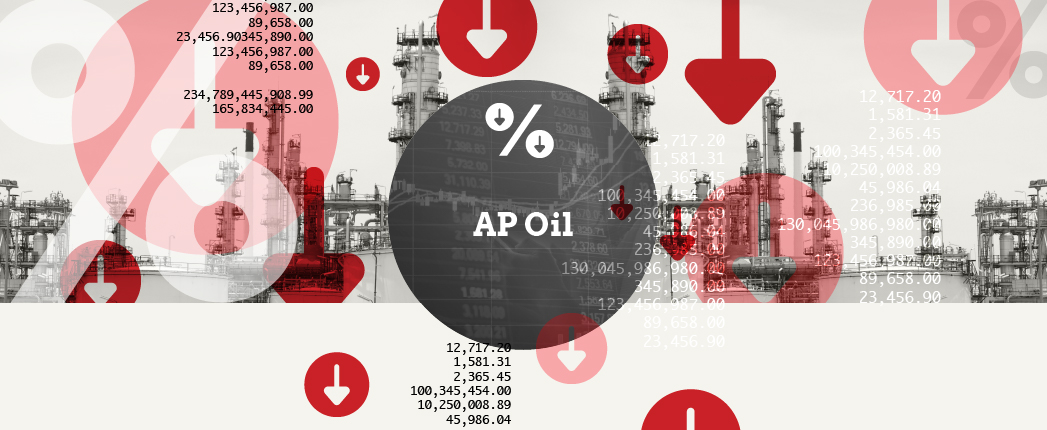
Singaporean lubricants blender AP Oil International Ltd. reported steep declines in net profit and sales revenue for 2023, citing impacts of higher interest rates on lubricant demand, along with global supply chain impacts from military conflicts.
The company reported net profit fell 52% from S$1.1 million (U.S. $812,000) in 2022 to S$523,000 last year. Sales revenue declined to S$46.2 million, 24% less than S$61.1 million.
The United States Federal Reserve raised interest rates four times last year, and central banks around the world followed similar tacks, resulting in the highest rates seen in two decades, Group CEO Ho Chee Hon said in AP Oil’s annual report. “The result is a further break in global consumer and industrial demand,” the CEO said. “As a result of this, demand for our products decreased during the year.”
The sales revenue decrease came partly from the company’s manufacturing segment – reflecting lower demand for finished product – and from the trading segment. “This is because the main volumes of the company’s trading activity primarily operate as a mechanism to guard against price volatility of the raw materials used in our manufacturing process,” CEO Ho explained.
The manufacturing segment accounted for 67% or S$30.9 million of group revenue in 2023, compared to 65% or S$39.7 million in 2022. Manufacturing is comprised mainly of blending of lubricants and specialty chemicals.
The trading activity segment accounted for 33% or S$15.3 million of company revenue, compared to 35% or S$21.5 million. The segment sales revenue was down mainly due to reduced base oil and finished product sales. Trading activities cover purchase and sale of raw materials used for lubricants and specialty chemicals manufacturing – mainly base oils and chemicals – and finished products purchased from third parties that AP Oil doesn’t produce.
The group revenue from Singapore decreased from 71% to 63% in 2023, at S$15.5 million. The remaining geographical regions – including Southeast Asia beyond Singapore, Middle East, East Asia and the Indian subcontinent – accounted for the remaining 37%.
Military conflicts have led to soaring global energy prices and disrupted the world supply chain, the company noted. Group Chairman Ho Leng Woon pointed out that Singapore’s economic growth slowed down from 4% in 2022 to 1% in 2023. The chairman noted that rapid advancements in technologies – such as artificial intelligence, robotics, electric vehicles, renewable energy and digitization – in recent years have proven to be profound game changers in world economic activities, particularly impacting small and highly internalized countries like Singapore.
Chairman Ho said the company has begun focusing on developing industrial oils due to its awareness of the impact of electric vehicles on demand for motor oils. “At the same time, we have also prudently utilized some of our ample internal funds to invest in related industries with growth potential and a start-up engaged in sustainable future green energy.”
“The global economic landscape remains murky,” the company said in its financial statement. “Hence, we do not expect the overall market for our products and services to expand. With the conflicts in Europe and Middle East, the risk of raw material price volatility and supply disruptions remain.”
AP Oil International Ltd. owns two blending plants for lubricants and two blending plants for specialty chemicals. In Vietnam, the group operates one lubricants blending plant through AP Saigon, a Vietnam joint venture. The company markets automotive, industrial and marine lubricants under the AP Oil, Sin-O and Polaris brands. In China, the group has one subsidiary in Shanghai and two joint ventures in Chongqing. The company serves customers in more than 20 countries.